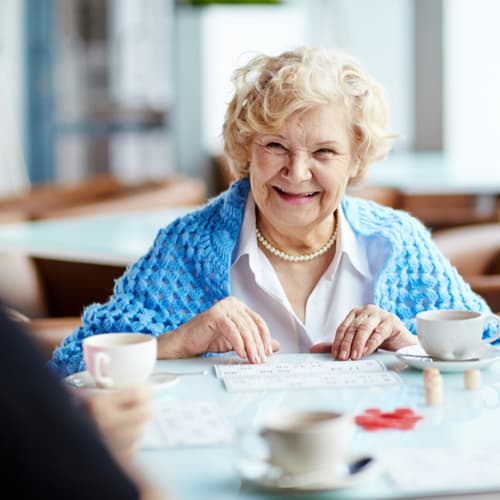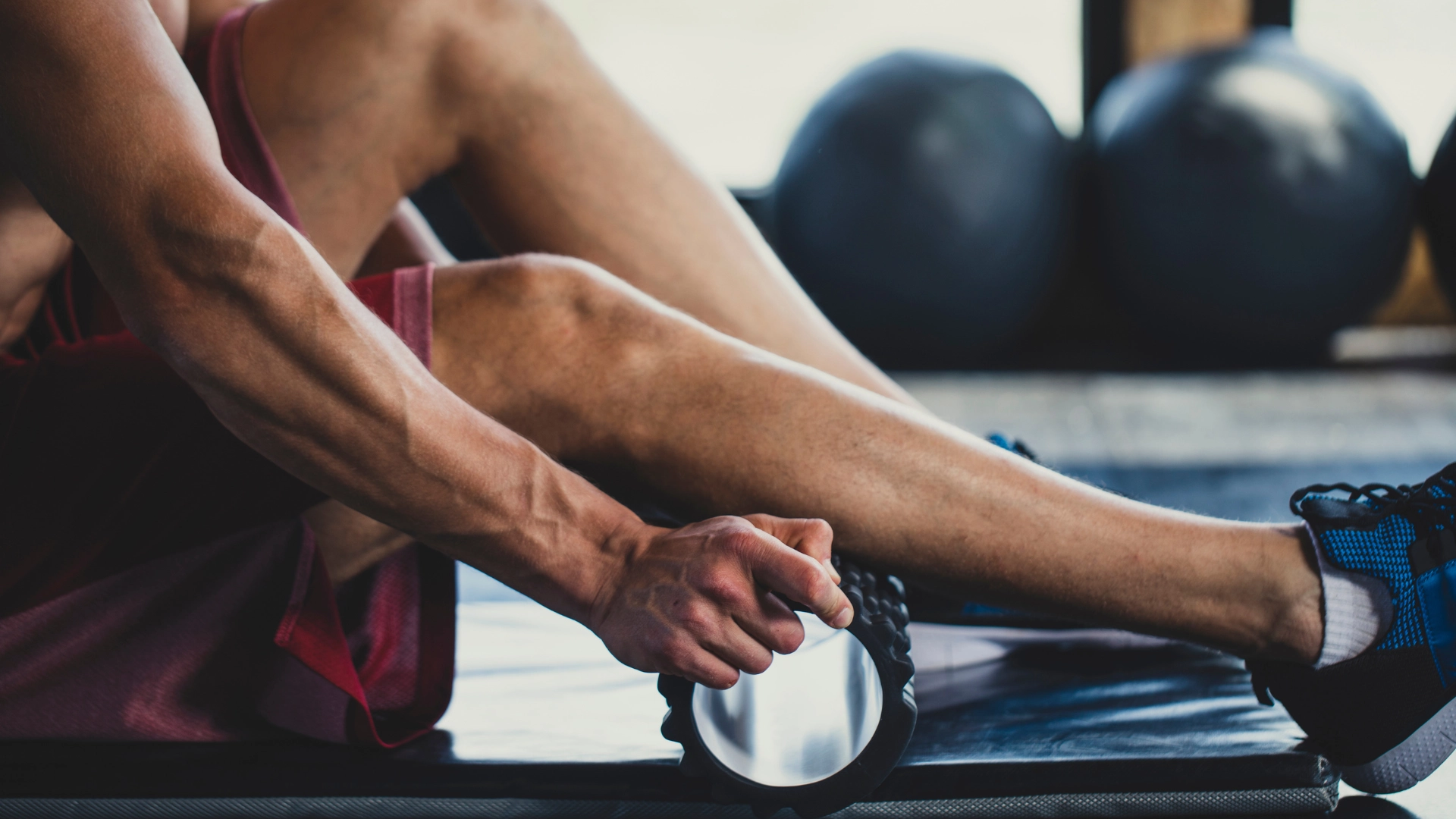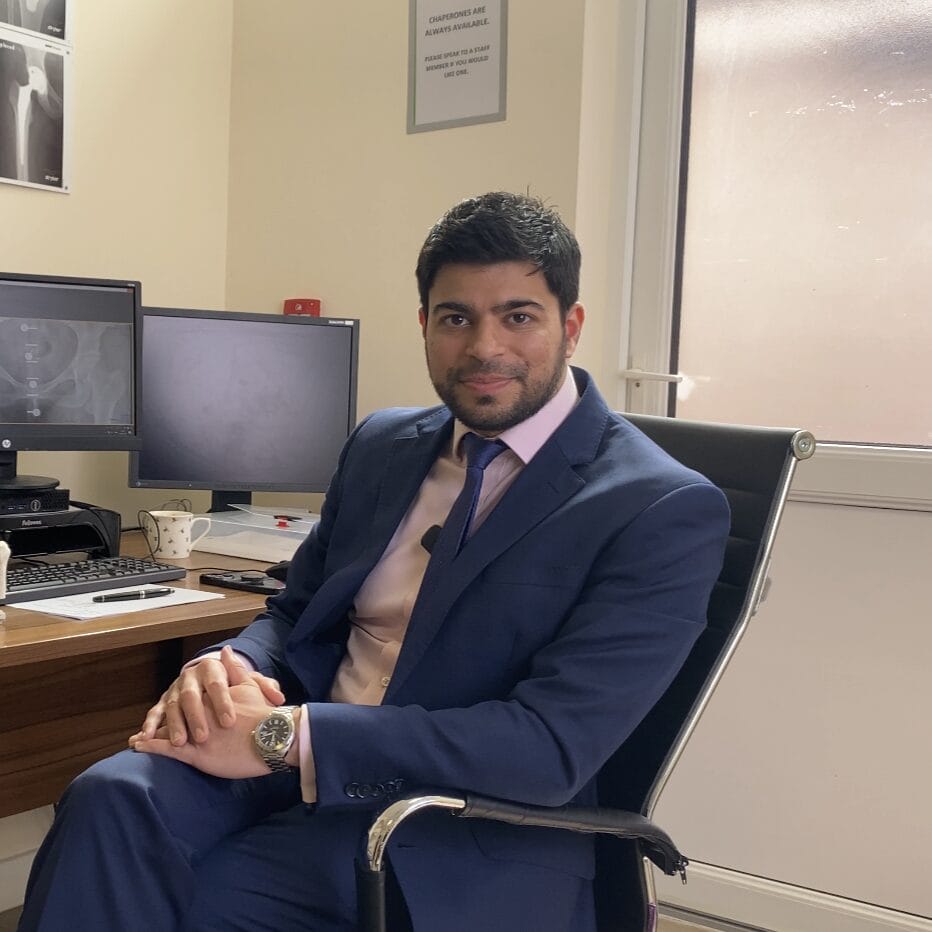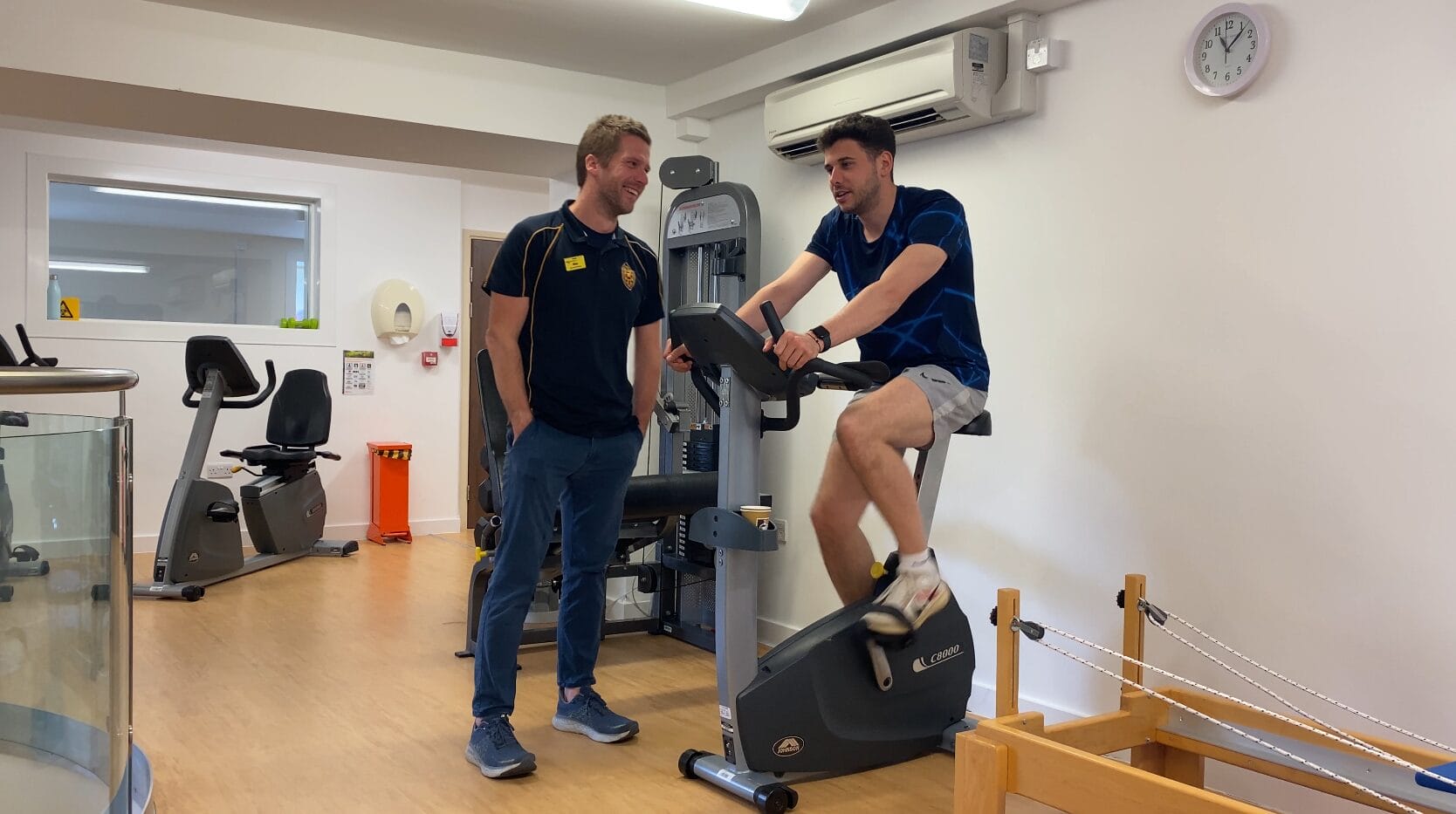Balance problems can have significant physical and psychological impacts on people’s lives and can occur at any time of life, although the incidence tends to increase with age.
It’s reported that 1 in 3 adults over 65 still living independently will have a fall at least once a year, half of these people will fall more frequently. With these statistics, perhaps we all need to be more proactive in our approach to our balance and remember it is never too early or late to start.
So, how does our body prevent us from falling over?
When we move or hold any position, we are continually adjusting our bodies to counteract gravitational forces, which prevents us from falling over. This adjustment comes from multiple sensory systems providing information to our brain about the position of our body in relation to the environment. Messages are then sent to our muscles and joints, to provide corrective action if required. The three main sources of these messages come from the eyes, ears and musculoskeletal system.
Eyes – what you look at helps your brain to determine your position and movement in relation to your environment.
Musculoskeletal system – receptors within your joints and muscles feedback the position of certain parts of your body.
Ears – play an important role in balance by sensing head movement. The inner ear contains narrow fluid filled channels, which are lined by tiny hairs. When you move your head, the fluid moves, which causes movement of the hairs and messages are sent to the brain about the position.
These three systems continually work together and anything that impairs their action will make balancing harder and increase the risk of falling.
An example of this is if you try to stand with your feet together, it is harder than when they are apart. Now try to close your eyes or move your head quickly. You will notice that it is much harder and this is because you have increased the demand on several of these systems or limited them.
There are many factors that influence our balance such as environment, medications, alcohol, certain illnesses, injury and age. Often it is several factors that co-exist to increase the risk of losing your balance and this is regularly associated with age-related changes.
Balance gradually declines with age and is due to degenerative changes that occur throughout the body, such as muscle weakness, arthritis and reduction in nerve function. In addition to these changes, age-related diseases including blood pressure abnormalities, cataracts, macular degeneration, diabetes, peripheral neuropathy, stroke, Parkinsons and dementia, also have a negative impact on these systems and our balance.
Is there anything I can do to improve my balance?
It is important to remember that it is normal for balance to decline with age, but you can slow this decline by remaining active and having good muscle tone. The recommended guideline is 150 minutes of moderate intensity activity in bouts of at least 10 minutes per week. One way to tell if you are exercising at moderate intensity is if you can still talk, but you are not able to sing the words. Activity should include a mix of aerobic and strengthening activities.
There are simple exercises that you can do to specifically improve your balance at home. Ensure that you are close to a stable surface that you can hold onto if needed during any balance exercises for safety.
Examples of some exercises are listed below:
1. Balance on one leg for 30 seconds to 2 minutes, dependent on your ability. If this is easy then you can make it harder by standing on a cushion or turning your head.
2. Push up onto your toes and then down again, whilst holding onto something stable, such as a table.
3. Walk up and down a room placing the heel of one foot directly in front of your other foot like walking a tight rope.
When to seek help if you are having problems with your balance?
If your balance is significantly hindering your daily life, if you have dizziness or suffered 2 or more falls in a year then it is time to see your GP.
Balance is a complex topic and if you are unsure what you should be doing, look for exercise classes that focus on balance training which enable you to get guidance and advice from experts. Horder Healthcare runs a range of exercises classes. This includes Balance and flexibility classes, Fitness for the over 50s which is aimed at those at risk or afraid of falling, and Pilates.
If you would like to speak to a physiotherapist to get further advice on this topic or any other musculoskeletal issue then give us a call on 01892 665577.
What makes Horder Healthcare unique
Horder Healthcare is committed to providing the very best quality of care for our patients and customers. We are continuously working on improving and reducing risks and this is reflected in our consistently high CQC results, patient satisfaction questionnaires and minimal levels of infection.
We are a charity
We reinvest our profit to benefit more people and help us achieve our aim of advancing health.






